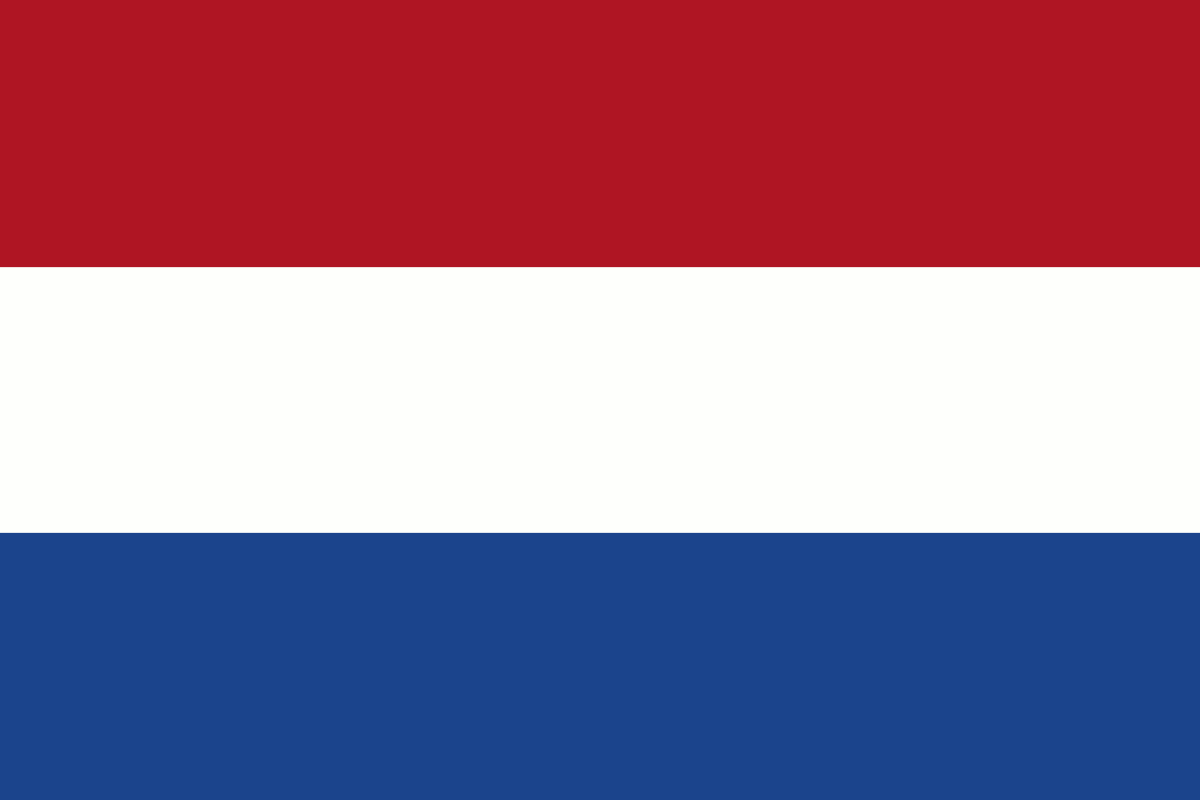We see first-hand the impacts of a changing climate on our customers, communities and partners. We support an orderly and inclusive transition to a net-zero emissions economy, aligned with limiting warming to 1.5 degrees Celsius by the end of 2100. We recognise the importance of addressing climate change and incorporating climate-related risk and opportunities into our decision-making, facilitating a resilient future for our business and our customers.
We continue to work toward our commitments of a net-zero underwriting portfolio by 2050, a net-zero investment portfolio by 2050 and net zero across our own operations by 2030, with a focus on engagement across our priority customers, investees, and suppliers. We also continue to develop our metrics, taking data availability and reliability into account, as we make progress against our commitments.
QBE’s ability to meet our net-zero commitments is related to the actions we take in relation to our own operations, including the suppliers we partner with, our investments and underwriting portfolios. Our success is reliant on many factors, including the development of new technology associated with carbon removal and emissions reduction. It also depends on the progress individuals, businesses and economies can make to transition to net-zero collectively, particularly in developed countries with net-zero commitments.
Our approach to responsible investing and underwriting is consistent with our signatory status to the United Nations Environment Programme – Finance Initiative’s Principles for Sustainable Insurance and Principles for Responsible Investment. We are also members of the Net-Zero Asset Owner Alliance (NZAOA) and a supporter of the Insurance Council of Australia’s Climate Change Roadmap: Towards a Net-Zero and Resilient Future in our home market.
We report in line with the Financial Stability Board’s Task Force on Climate-related Financial Disclosures (TCFD) recommendations through our Annual Report, and further information about our climate-related progress can be found in our Sustainability Report.
We continue to refine our approach to how we foster an orderly and inclusive transition, support our customers and communities and support the global transition to a net-zero economy through our underwriting strategy. Our net zero in underwriting strategy focuses on three important areas:
- Customer engagement and insights: understanding our priority customers’ net-zero ambitions and plans.
- Innovation products and services: exploring opportunities to further expand our offerings in support of the transition.
- Emissions modelling and tracking: understanding and tracking the emissions of our underwriting portfolio and how we can identify and address material data gaps.
We continue to transition our fleet to low-emissions vehicles, where infrastructure is available to do so, and to optimise our office space, releasing surplus floorspace and improving resource efficiency, where possible.
In 2023, 100% of our electricity use across QBE’s offices (excluding Bermuda and the Pacific Islands) was certified as renewable1, meeting our RE100 target for the third year, ahead of our 2025 commitment. In 2023, QBE maintained carbon neutrality2 by purchasing renewable energy and fire abatement carbon offset certificates to cover residual emissions for a defined inventory3 of greenhouse gas emissions related to our global operations, as described in our data book.
Further information can be found in our data book and Focus Area 1 chapter of the 2023 Sustainability Report.
1. Based on the RE100 Climate Group’s materiality threshold guidance which excludes countries with small electricity loads (<100MWh/year and up to a total of 500MWh/year) and where it is not feasible to source renewable electricity via any credible sourcing options. We meet our RE100 commitment through a combination of contracts with electricity suppliers and purchasing unbundled energy attribute certificates.
2. Please refer to our data book (Focus Area 1 and Metrics Criteria) for all definitions, calculations, assumptions and methodologies.
3. Defined inventory includes some purchased goods and services, capital goods, fuel- and energy-related activities, waste generated in operations, business travel, employee commuting and downstream leased assets. Please refer to our data book for further information.

 QBE Re
QBE Re
 Hong Kong
Hong Kong
 India
India
 Macau
Macau
 Mainland China
Mainland China
 Malaysia
Malaysia
 Philippines
Philippines
 Singapore
Singapore
 Vietnam
Vietnam
 Australia
Australia
 New Zealand
New Zealand
 Denmark
Denmark
 France
France
 Germany
Germany
 Italy
Italy
 Netherlands
Netherlands
 Spain
Spain
 Sweden
Sweden
 UK
UK
 United Arab Emirates
United Arab Emirates
 Canada
Canada
 USA
USA
 Pacific Islands
Pacific Islands
 Fiji
Fiji
 French Polynesia
French Polynesia
 Solomon Islands
Solomon Islands
 Vanuatu
Vanuatu
